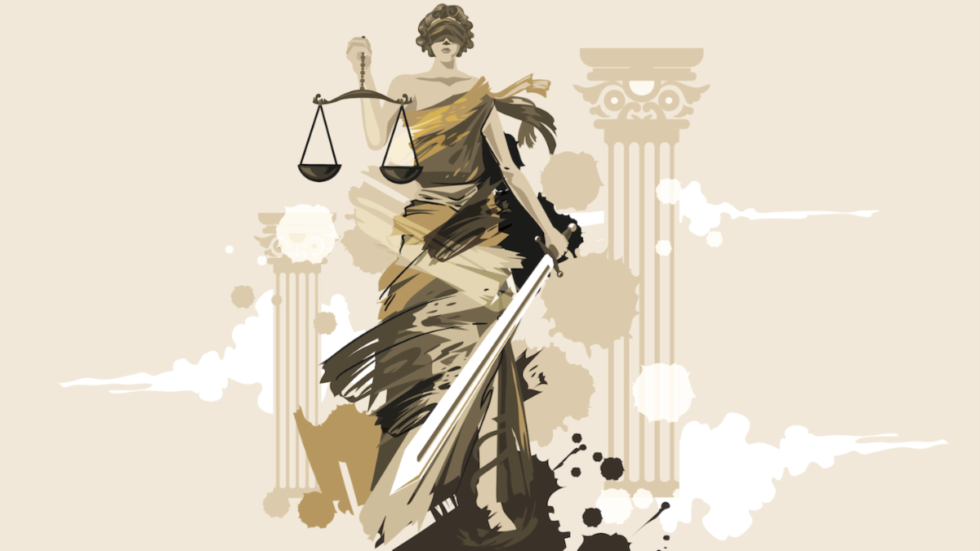OPINION OF AUTHOR:
I have successfully dispensed justice to suffering people who wanted justice. I want to expend by looking for more avenues of services in all sectors of legal framework. I believe that holding the essential elements that can lead to the planning of meaningful ways and means to facilitate the learning of human rights as the way of life throughout the world.
“TALENT DERSERVES A CHANCE”
Decriers of human rights – Islamic the ruling classes: Grounded in the Qur’an and Islamic legacy, Islam has time-honored certain inherent universal prerogatives for all people. In light of accelerating muggings on human rights across plentiful nations, the peril confronting personages who victor their universality has heightened. Advocates for human rights increasingly antagonize criminalization and legal accomplishment. They are lay open to to threats, fleshly assaults, and even slaying attempts. As we venerate the 17th anniversary of the UN declaration of human rights defenders, we must contemplate what additional trials can be taken to further buttress human rights and safeguard their victors. Human ignominy represents the innate value contemporary in every discrete. Human rights are grounded on veneration for the dignity and value of each person. Human dignity serves as the initial concept for human rights and the fountainhead from which the perception of human rights emanates. The most notorious provision of the Magna Carta;
Clause 40 of the Magna Carta states: “We will not peddle rights or justice to any person, nor will we deny or suspension them to anyone.”
In the face of this advancement, there is a growing gratitude of gender trepidations evident in reports from Superior Ways, human rights treaty bodies, and testimonials made by states in UN forums and regional human rights bulks. The preliminary action taken by some of these bulks was simply to include a allusion of ‘women’ in a document. Though, as Di Otto has emphasized, this alone “is insufficient to pledge the inseparability of women’s human rights without also make a speech the underlying causes of women’s banishment and segregation.”
There’s merit in considering individuals with prescribed equity—operational in a logical and estimative manner, forming public principles for both citizens’ comportment and officials’ retorts. These criteria serve as point of reference against which acquiescence or deviation can be gauged, rather than relying on flexible and potentially capricious conclusions. This crux establishes the essence of the “Rule of Law.” When indorsed, individuals face a governing bulk that regards them as cogent entities praiseworthy of respect. It unvaryingly applies whatever standards of behavior and assessment it hires. This holds candid and independent assessment, even if the authentic actions embark on fail to meet any pertinent standard of substantive impartiality.
EX MERO MOTU-“of one’s own free will”
The shrewdness necessitating the type of respect showcased in the system of belief of the rule of law isn’t chiefly the sagacity expediting the resolution of scientific puzzles. Instead, it’s the rationality allowing us to determine that carefully worked-out puzzles are meant to be engage in.
Where the regulation of law is advocated, there exists between those in buff and those governed a particular interchange. This communal altercation will undoubtedly prove constructive in achieving certain required objectives for which it obliges as a system. I’m thinking, for case in point, of a number of aspects of communal organization, such as efficiency in supervision and/or providing public amenities, and political steadiness, especially during thought-provoking times. However, Plato’s argument, which I find no goal to question, is the ethical-philosophical contention that, considering the innate worth of individuals, this type of reciprocity surpasses being merely a method for other goals. Consequently, it should be shielded and stimulated whenever feasible, and it should not be readily forfeited, even for the sake of other noteworthy goods.Top of Form
LEGAL ASPECTS:
Section-96(A) Pakistan Penal Code, 1860: ENCITING OT TAKING AWAY OR DETAINING WITH CRIMINAL INTEND A WOMEN: Whoever takes or entices away any women with intend that she may have illicit intercourse with any person, or conceals or detain with that intend any women, shall be punished with imprisonment of either description for a term which may extend to seven years, and shall also be liable to fine.
Article 14 of constitution of Pakistan 1973: This constitutional article ensures that dignity of man and, subject to law, the privacy of home, shall be inviolable.
Article 27 of the constitution of Pakistan 1973: Safeguard against Discrimination against Services:
No citizen otherwise qualified for appointment in the services of Pakistan shall be discriminated against respect of any such appointment on the ground only of race, religion, caste, sex, residence or place of birth.
Nations are tasked with wipe out barriers hindering women’s equal chipping in in social sanctuary programs that link benefits to influences, or crafting benefit chaos that consider such barriers to thwart gender-based incongruities. Additionally, countries must factor in differences in life bated breath between men and women, as these can lead to bigoted practices in benefit division.
For instance, in January, Pakistan appointed Justice Ayesha Malik as the germinal female judge of the Supreme Court of Pakistan.
To end up, human rights and independences apply to every discrete as they stem from the native essence of Homo sapiens, heedlessly of a state’s legislation. Pakistan indorses the rule of law and hallows human rights and fundamental independences in its constitution. With an independent judiciary, the government of Pakistan inductees to uphold its legal and constitutional commitments.Top of Form
IGNORANCE OF LAW IS NO EXCUSE
Abdul Ghaffar Qureshi is the Managing Partner of Qureshi & Qureshi (Barristers, Advocates & Legal consultants). He is Advocate of High Courts of Pakistan and has Completed LLM from BPP University, London. Qureshi 7 Qureshi has been nominated for Global Recognition Awards 2024.

